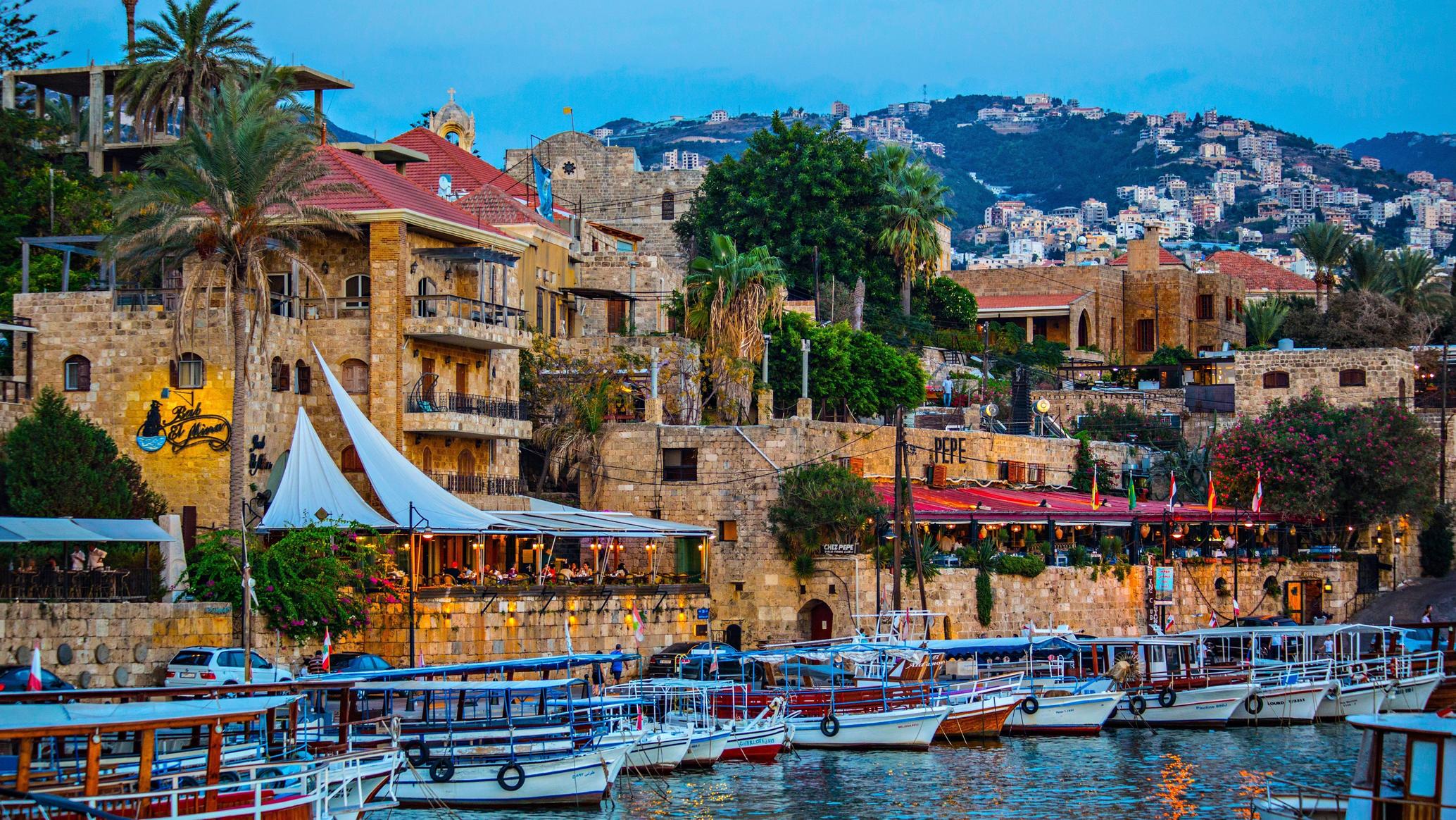Lebanon’s latest influx of tourists and expatriates shows the country is set for a “promising summer tourism season, expected to surpass the record figures set in 2010 when over two million visitors flocked to Lebanon,” as per a new report by LBC.
Earlier this summer, Lebanon’s minister of tourism Walid Nassar told reporters that Lebanon is expected to play host to 2.2 million tourists and earn around $9 billion as a result.
Tourism thrives in rural areas
In particular, the tourist season is causing an influx of business towards Lebanon’s rural areas, as tourists look to escape the heat in cities. Businesses such as wineries, bed and breakfasts, guesthouses, and mountainous restaurants, are thriving.
According to the LBC’s report, an official in the tourism sector told Addiyar that “rural regions are flourishing, primarily due to their attractiveness to visitors, abundance of agricultural and food products, job opportunities for the youth during the summer, and the spotlight on their touristic, historical, and even agricultural aspects.”
President of the Association of Travel and Tourism Agents in Lebanon, Jean Abboud, stated that the tourism movement is at its “peak”, with around 120 Beirut-bound flights arriving at the airport daily, carrying some 21,000 arrivals.
The boom in tourism could be caused by a number of different factors, one of which is emigration. In 2022, Beirut Today published a piece highlighting how emigration from Lebanon jumped by around 446 percent in one year, with a total of 215,653 travellers leaving Lebanon between 2017 and 2021.
This spike in emigration could be attributed towards the rise in tourism rates this year: of the 2.2 million expected visitors, 75 percent are expected to be returning expats. The remaining are expected to be regional tourists coming from Egypt, Jordan, and other countries.
Another reason could be the increase in viral TikTok videos inviting foreigners to visit Lebanon. As TikTok users look to spend a “Mediterranean summer”, many are suggesting Lebanon as an alternative for Italy and Greece, as costs for the latter surge due to the influx of tourists.
When asked about how the country will be able to attract tourists, the minister responded by saying that the pound’s devaluation has amde services and accommodation cheaper for international tourists looking to spend hard currency.
Local homeowners hike up prices
A new problem has presented itself: as more and more tourists seek accommodation for the summer, homeowners have taken advantage of the situation to hike up prices. The main victims of this are expats, who now have to pay exorbitant prices for accommodation in their tiny country.
Many have even likened the prices to those encountered across European cities such as London and Paris, but the main difference is that Beirut lacks the services, electricity, appeal, or attraction of either of these cities.
Beirut Today conducted a search on Airbnb to compare prices. A one-night stay in a Beiruti-apartment will cost over $60 a night, without the guarantee of 24-hour electricity.
In rural areas, these prices increase to around $100 and above per night, some even costing around $700 for a 3-day stay in a 4 bedroom villa or guesthouse.
Many expats have considered forgoing their summer plans of visting in Beirut due to the trip’s high costs. Instead, many have chosen to invest in vacations abroad, where the costs will be justified with the services offered.


